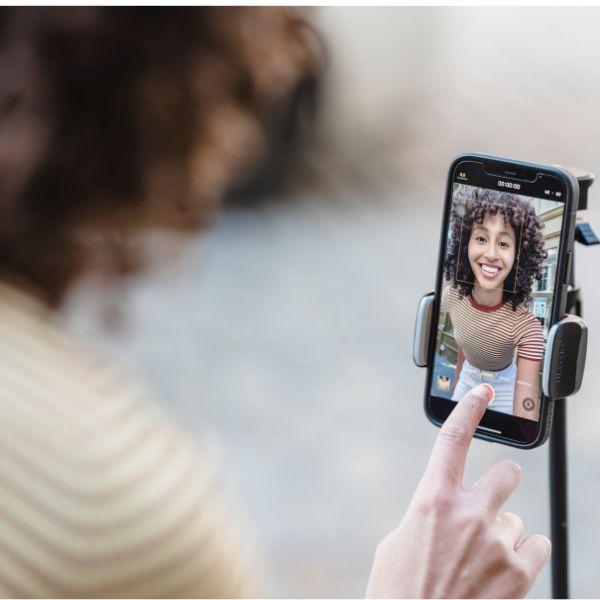
We can't find the internet
Attempting to reconnect
Something went wrong!
Hang in there while we get back on track
Explore the definitive guide to influencer marketing for small businesses, uncovering strategic tactics, optimal influencer selection, and collaborative approaches that drive brand visibility and success.
Influencer marketing is a powerful tool that can help small businesses grow and succeed. According to a Forbes article, 71% of consumers trust the opinions of influencers, and influencer marketing has a higher ROI than most other types of marketing, with an average of $5.20 per dollar spent.
The more people see your brand, the more comfortable they become with it. Social proof builds trust, and when an influencer who has spent time building trust with their audience promotes a brand, those consumers listen. By tapping into an influencer’s audience, you’re saving your company time in having to start from scratch.
If you’re considering using influencer marketing for your small business, here are some steps you can take to get started:

As with any marketing campaign, you need to first decide on a goal. There are many different goals that can be accomplished through influencer marketing, such as brand awareness, lead generation, sales, increased social media following, user-generated content (UGC), and creating hype for a new product/service. To elaborate on this point, you should consider the following questions:
Based on the audience you choose, you’ll work backward to see which influencer targets them. It’s important to choose an influencer who aligns with your brand values and has an audience that matches your target demographic. To elaborate on this point, you should consider the following questions:

Once you’ve identified the right influencer, it’s time to reach out to them. Be sure to have a clear goal in mind and highlight your preparedness and professionalism to the influencer. To elaborate on this point, you should consider the following questions:
Work with the influencer to create a campaign that aligns with your goals and resonates with their audience. Be sure to set clear expectations and guidelines for the campaign. To elaborate on this point, you should consider the following questions:

After your campaign is over, it’s important to measure your results. This will help you determine the ROI of your campaign and identify areas for improvement in future campaigns. To elaborate on this point, you should consider the following questions:
Influencer marketing is constantly evolving, so it’s important to stay up-to-date with the latest trends and best practices. Attend conferences, read industry blogs, and network with other marketers to stay informed.
Consumers can tell when an influencer is being paid to promote a product. To build trust with your audience, it’s important to work with influencers who genuinely believe in your brand and are passionate about your products or services. To elaborate on this point, you should consider the following questions: